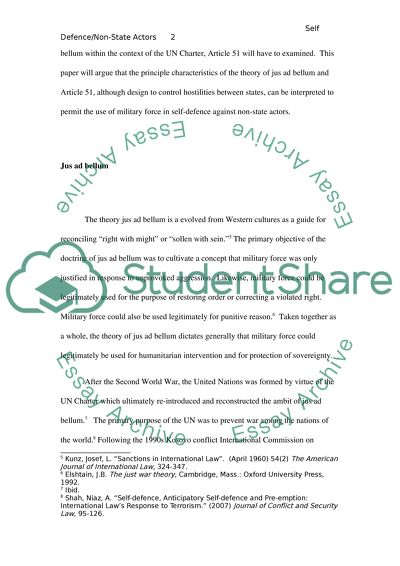Cite this document
(“International Law Essay Example | Topics and Well Written Essays - 3000 words”, n.d.)
International Law Essay Example | Topics and Well Written Essays - 3000 words. Retrieved from https://studentshare.org/miscellaneous/1551318-international-law
International Law Essay Example | Topics and Well Written Essays - 3000 words. Retrieved from https://studentshare.org/miscellaneous/1551318-international-law
(International Law Essay Example | Topics and Well Written Essays - 3000 Words)
International Law Essay Example | Topics and Well Written Essays - 3000 Words. https://studentshare.org/miscellaneous/1551318-international-law.
International Law Essay Example | Topics and Well Written Essays - 3000 Words. https://studentshare.org/miscellaneous/1551318-international-law.
“International Law Essay Example | Topics and Well Written Essays - 3000 Words”, n.d. https://studentshare.org/miscellaneous/1551318-international-law.


